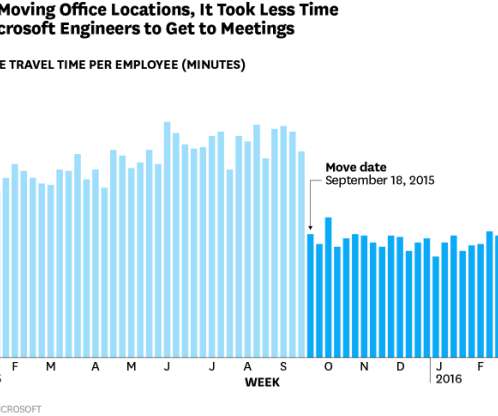Bringing an AI Product to Market
O'Reilly on Data
JULY 28, 2020
It’s often difficult for businesses without a mature data or machine learning practice to define and agree on metrics. Fair warning: if the business lacks metrics, it probably also lacks discipline about data infrastructure, collection, governance, and much more.) Agreeing on metrics. Don’t expect agreement to come simply.































Let's personalize your content